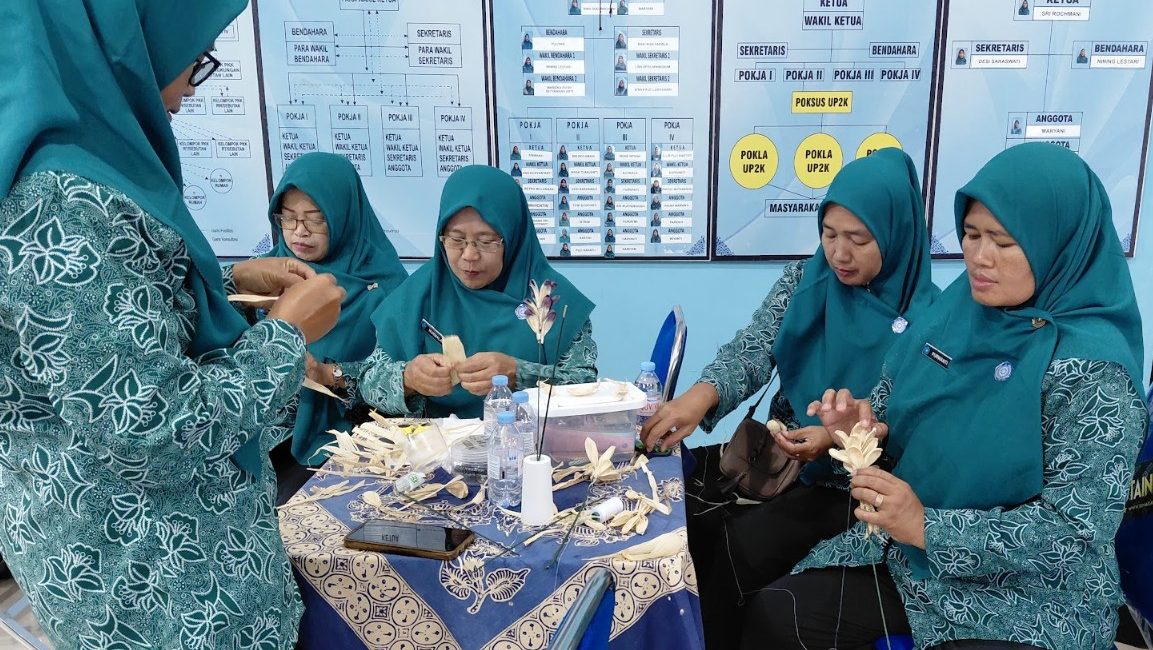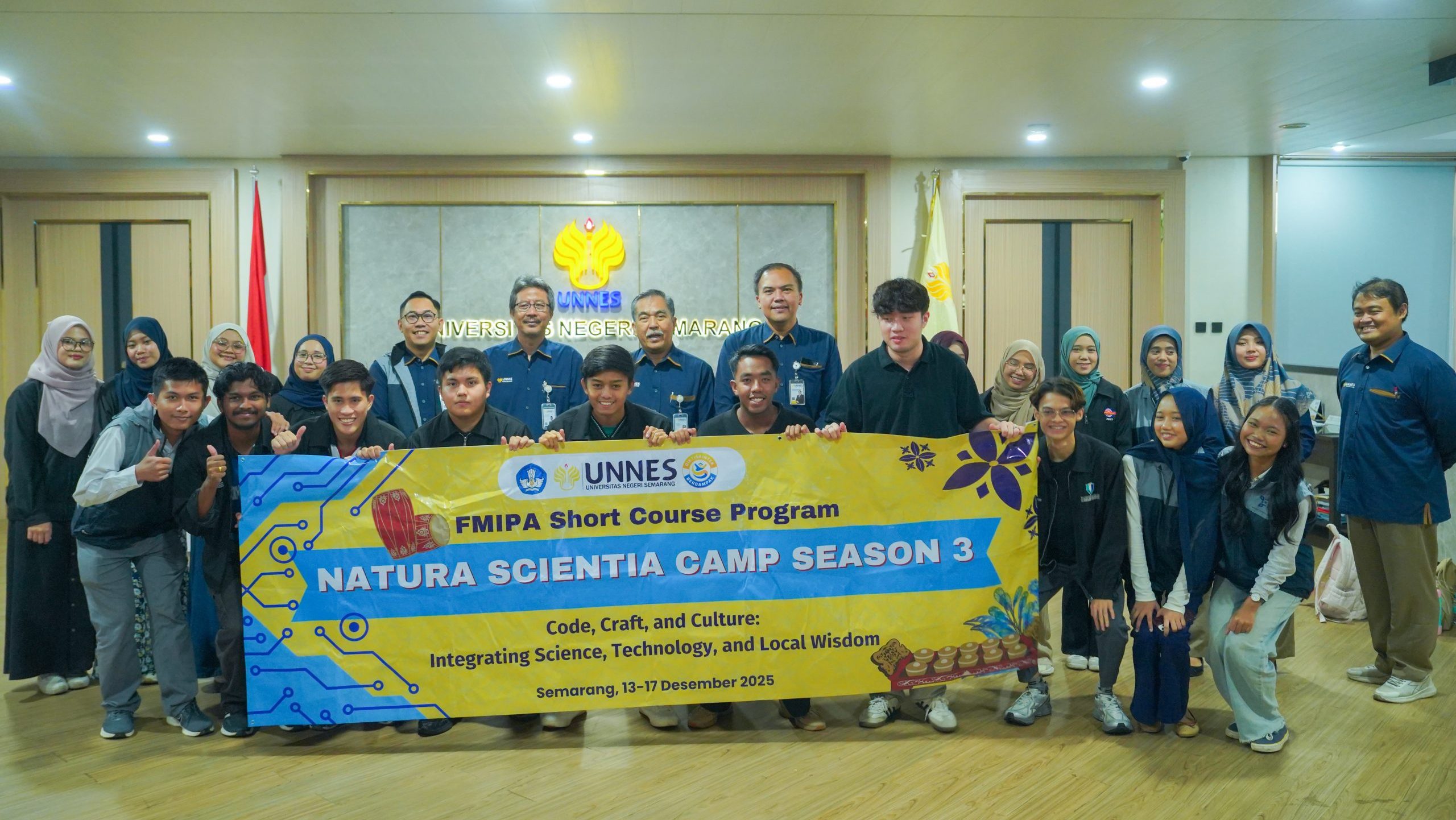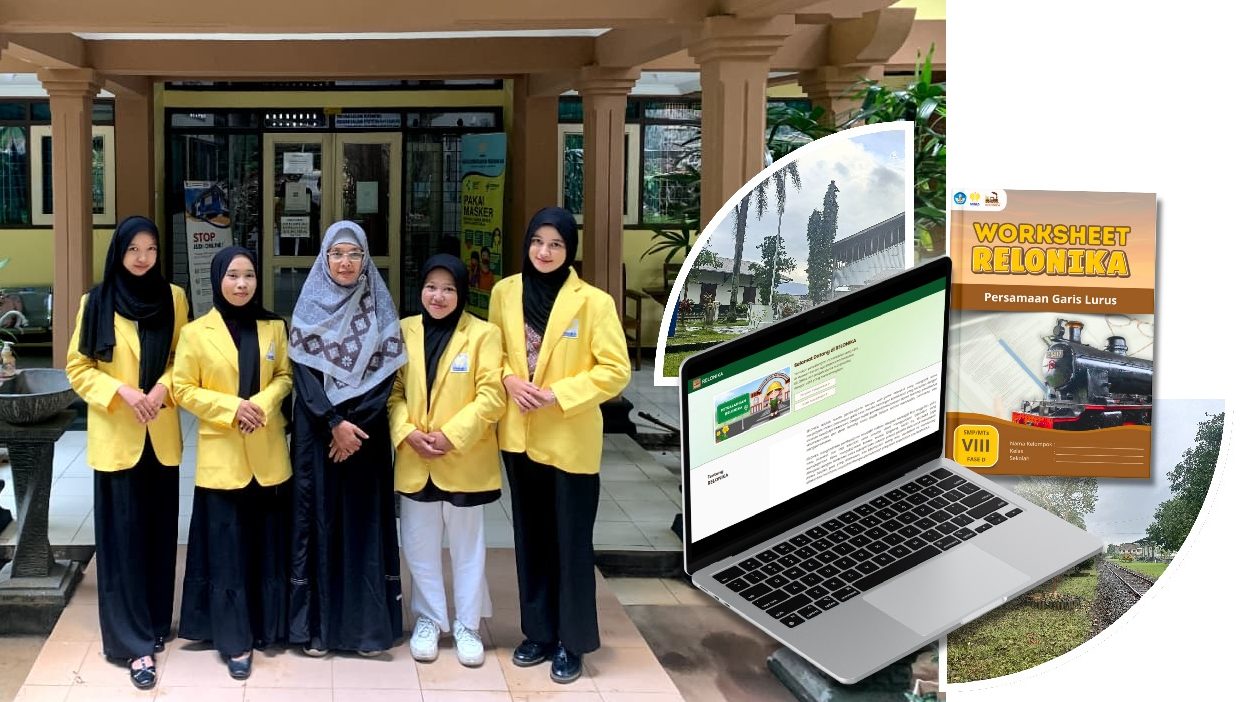Dosen, guru, dan mahasiswa mempunyai tanggung jawab terhadap pembudayaan penulisan karya ilmiah. Dengan kegiatan penulisan karya ilmiah seorang dosen, guru maupun mahasiswa dapat mengkomunikasikan berbagai gagasan, ide-ide baru, dan hasil penelitiannya.
Hal itu dipaparkan Guru Besar Pendidikan Ilmu Pengetahuan Alam (IPA) Universitas Sebelas Maret (UNS) Prof H Weda Sunarno sebagai nara sumber utama pada Seminar Nasional IPA III dan Launching Jurnal Pendidikan IPA (JPII) di Gedung C7 Lantai 3 Universitas Negeri Semarang (Unnes) Sekaran Gunungpati, Sabtu (26/5).
Istilah Karya Ilmiah menurut Prof Weda, mempunyai konotasi yang berbeda dengan karya atau penulisan yang non-ilmiah. “Karya Ilmiah IPA tentu saja melekat erat dengan tugas para guru, mahasiswa, maupun dosen yang berkecimpung di bidang IPA,” tegasnya.
Sebelumya, Prof Nurjani Y Rustaman Guru Besar Universitas Pendidikan Indonesia (UPI) Bandung mengungkapkan bahwa penelitian pendidikian sains hendaknya dilakukan untuk tujuan-tujuan yang jelas seperti tujuan pembelajaran, pengembangan berpikir, sekaligus pengembangan karakter bangsa.
Pembiasaan membaca, bertanya, belajar dan berpikir produktif, menurutnya sangat diperlukan untuk diteliti dan dikembangkan lebih jauh. “Pengembangan potensi manusia Indonesia yang pluralistik melalui pendidikan moral tampaknya perlu mempertimbangkan mentalitas bangsa, dan kearifan lokal agar singkron dan berdaya guna bagi bangsa dan masyarakat yang sedang membangun jati dirinya, “ ungkapnya.
Selain itu, Sebagai nara sumber utama ketiga, Dr Sutikno (Unnes) memaparkan tentang Internasionalisasi Publikas Artikel Ilmiah.
Menurut Ketua Penyelenggara Sudarmin MSi, kegiatan seminar yang bertema “Peningkatan Profesionalisme Pendidik Sains melalui Publikasi Karya Ilmiah” ini sebagai perwujudan dari tindak lanjut mengenai program pemerintah yang menekankan profesionalisme guru yang berkelanjutan pascasertifikasi guru, “Seminar ini diikuti oleh 250 peserta, 3 nara sumber utama, dan 47 pemakalah,” katanya.
“Penghargaan yang tinggi dan ucapan terima kasih kami sampaikan pada pengelola prodi pendidikian IPA dan panitia yang telah berinisiatif menyelenggarakan seminar ini dalam menyambut tahun ketiga penyelenggaraan Prodi Pendidikan IPA Unnes dan lounching Jurnal Pendidikan IPA Indonesia ini,” ungkap Dekan FMIPA Unnes Prof Wiyanto saat membuka acara.



